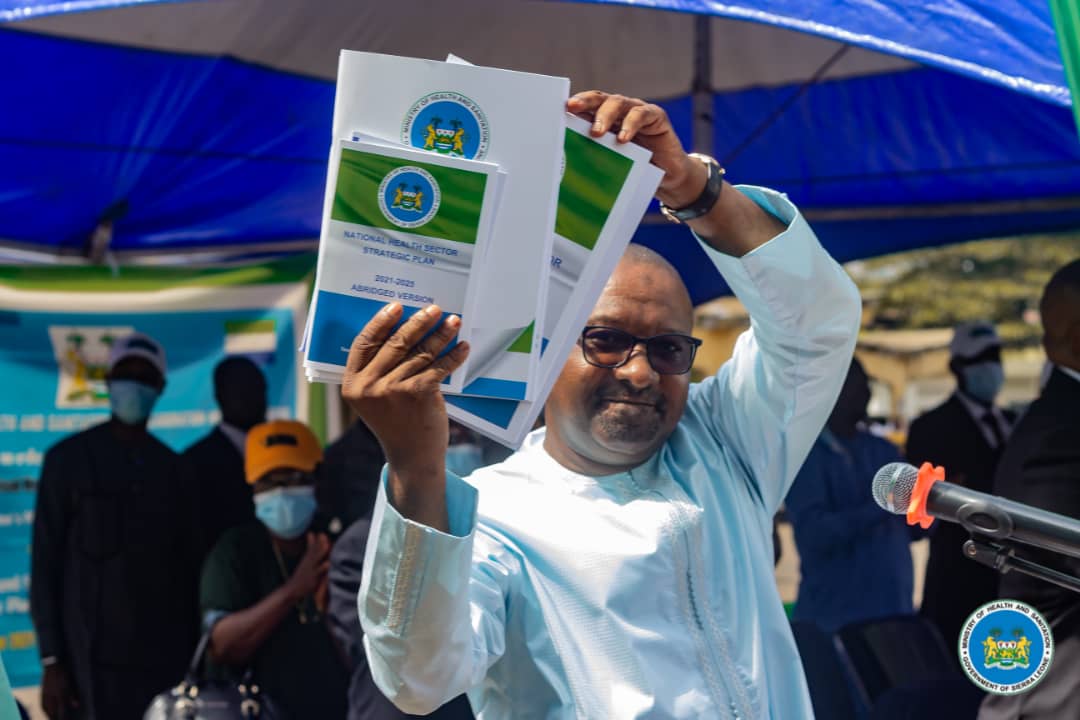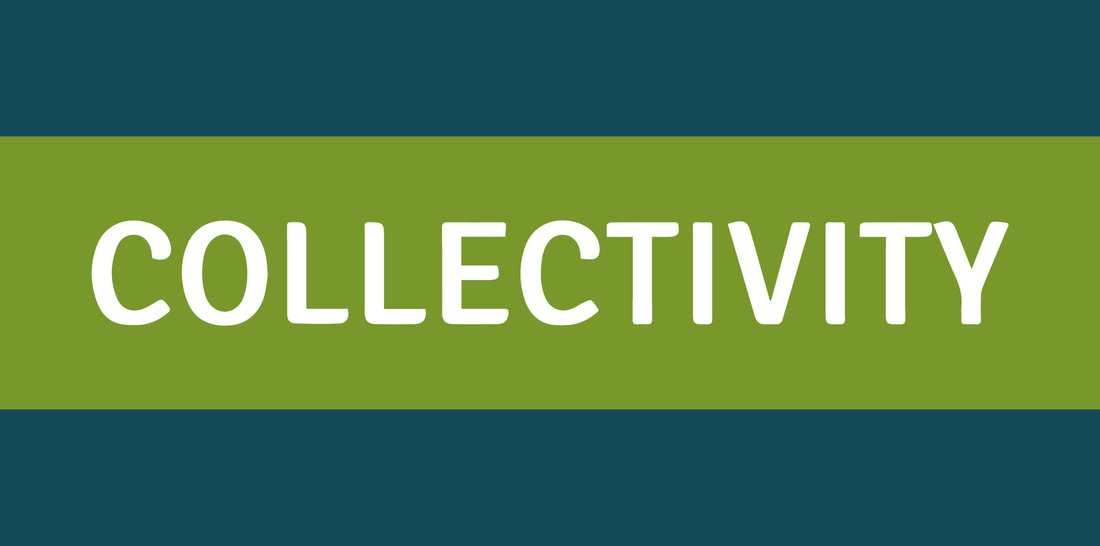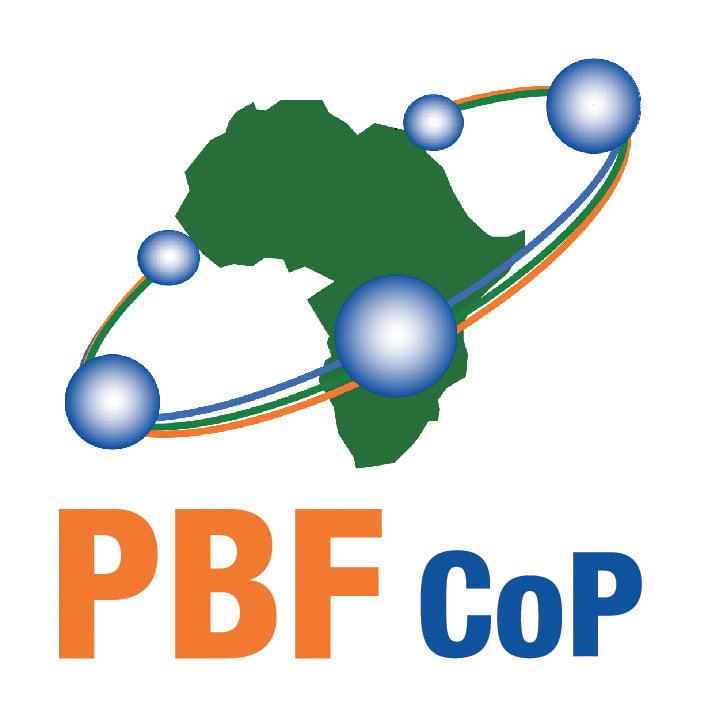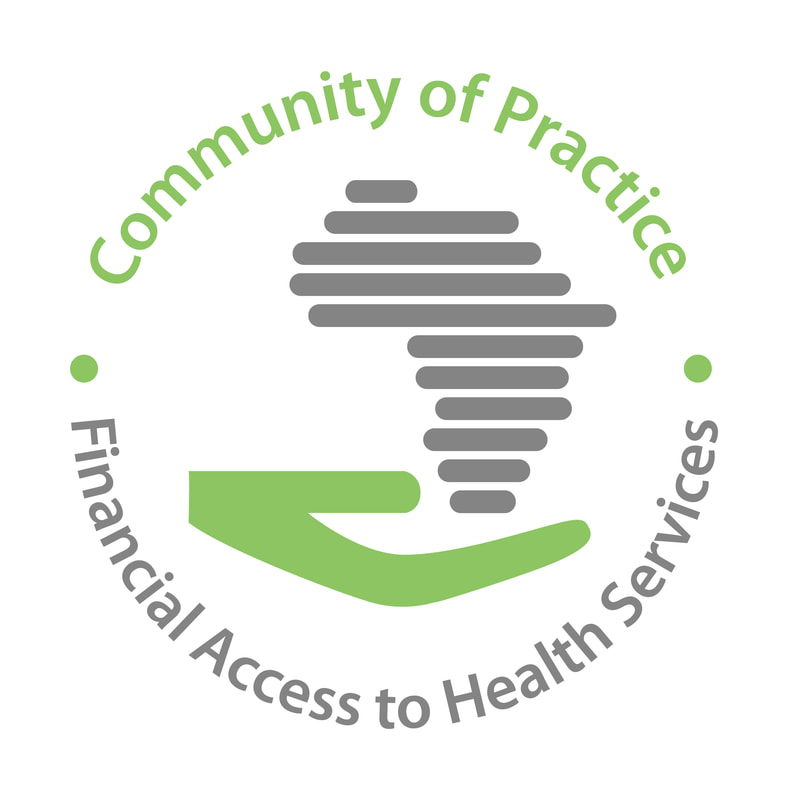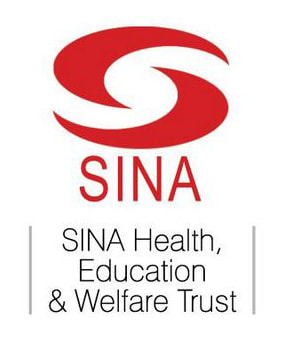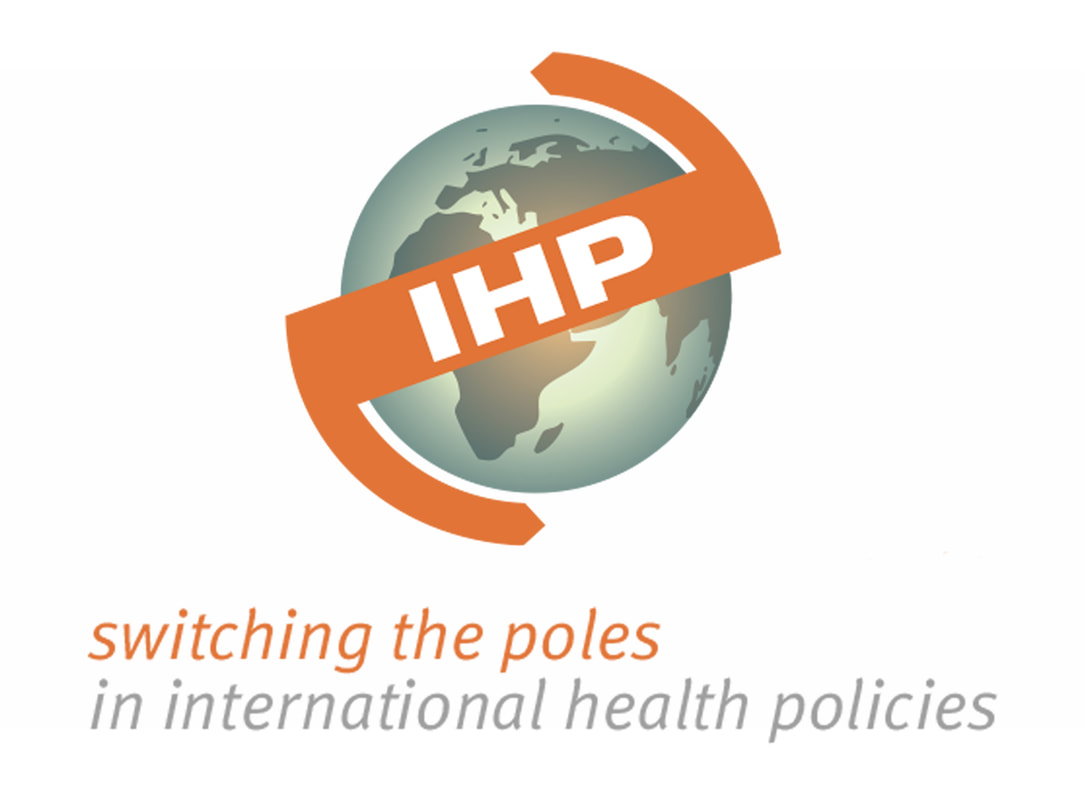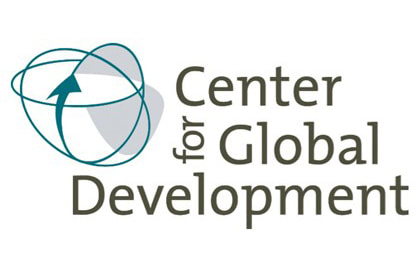Sierra Leone is the first country globally to publish its Health Financing Progress Matrix report. Compiled by a group of in-country health financing experts, the assessment shows that Sierra Leone’s two areas with the biggest need for improvement are pooling and purchasing. Both can be addressed with ongoing reform efforts focusing on establishing a social health insurance scheme with the main objectives to improve equity and efficiency, while rationalizing and better implementing the Free Health Care scheme currently in place. A series of recent reforms in public financial management seem to pay off – Sierra Leone scored best in that area, while work remains to be done on benefits design, health policy, revenue raising and public health functions.
At the same time, there was a growing (meaning – from 2 to 5) group of health economists and health financing enthusiasts working within government and their partners. This group of experts work on slightly separate yet linked health financing areas – either leading efforts to review and establish a social health insurance scheme, or advising senior government officials on how to make progress towards UHC, or institutionalizing health accounts and health financing situation analysis, while some were working on public financial management reforms and improvements. This group of health economists participated in the webinar hosted by WHO on the Health Financing Progress Matrix – and decided afterwards to get to work and do the analysis in Sierra Leone, as this new tool could help to map the health financing landscape and analyze the impact these schemes and reforms are having on health financing functions.
The team led by the Principal Health Economist of the MoHS met weekly for over two months and went through the tool. In between, tasks were assigned for further research or data analysis necessary to answer the questions and rank the country correctly. With the questionnaire filled, the report writing then focused on policy advice. For this, the guidance note of the tool was studied for each area, and recommendations were contextualized for Sierra Leone. The final report was shared with the health financing experts at the WHO country office and WHO Geneva for further review.
We were all curious to see how we as a country were doing and nervously calculated our own scorecard… and voilà - Sierra Leone achieved its best score in the Public Financial Management section – 13 out of 20 potential points, on par even with the richer and more developed Ghana. This is backed by recent reforms in recent years; the Ministry of Finance has made strives to improve the process and budget credibility, through hiring and deploying budget officers to ministries. The budget officer in the MoHS has not only brought increased attention to the budgeting process but also regularly updates the senior leadership on budget execution, including bottlenecks. In parallel, the Ministry of Finance regularly (monthly) publishes execution and budget information on their website, increasing transparency and accountability options (see for yourself: https://mof.gov.sl/). However, there are still areas for possible improvements such as to better support service providers to keep and manage their own revenues. In addition, the flow of funds doesn’t necessarily align with priorities – primary health care was a stated priority in the Medium-Term National Development Plan 2019-2023, but more than half of government funds go towards secondary and tertiary care where high salary earners are concentrated.
The most work we still must do is improving purchasing and provider payment (10 out of 24 points) and pooling (8 out of 20 points). Provider payments currently do not follow an incentive structure to enhance quality of service delivery, nor is there any performance aspect. Having the right payment and pooling scheme in place, especially around supply chain / cost of drugs, would increase affordability of health. Currently, 68% of out-of-pocket expenditures is spent on drugs, and 90% of the nation’s supply chain is donor funded with limited to no coordination and pooling at all.
One proposed intervention that addresses both areas concurrently is for the government to establish a UHC agency as a purchaser and oversight agency for a social health insurance scheme. The recently launched Health Financing Strategy proposes the establishment of a UHC fund with different funding sources to fund this work. That agency has to rationalize and clearly define how to pool funds and re-distribute these funds to improve financial protection including the free health care, health insurance and other schemes, focusing on primary health care initially.
On the other areas, we scored medium: Health Financing policy, process, and governance 55%, Benefits and conditions of access 55%, Revenue raising 45%, and Public Health Functions and programmes 44%. The HFPM shows there is still room for improvement. As often the case, our needs are bigger than our resources – so in addition to raising several earmarked taxes for health, we are also still looking for the magical money gun to pay for health… any pointers of readers are very welcome.
SO – while we did propose 48 recommendations in total, we are aware that in the end, making progress towards UHC is a process that is unique to every country and there is no single magic solution. It is indeed a work in progress, but we are optimistic to have a more solid foundation now than ten years ago – plus an ever-growing circle of health financing enthusiasts and reforms coming up in the country, with plans for health economics courses being established at the University of Sierra Leone. Watch this space!
